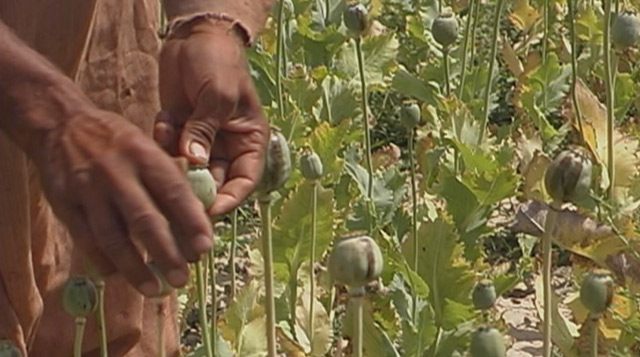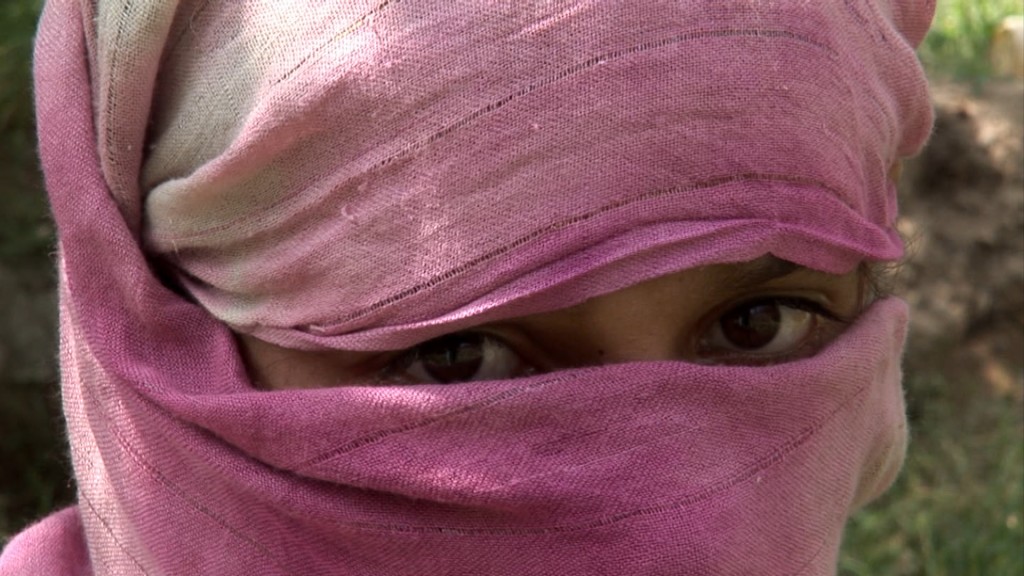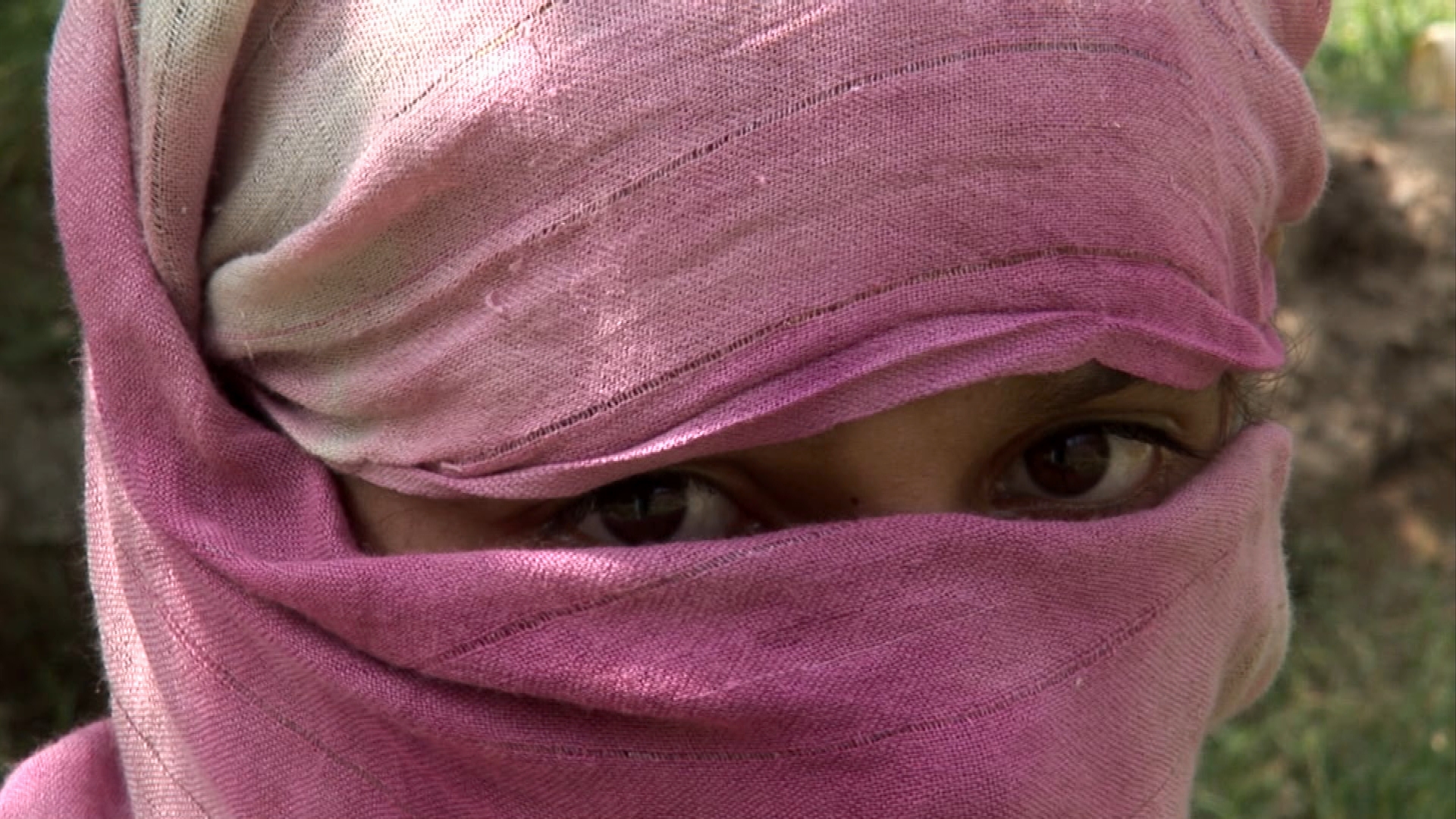Billions in U.S. Spending Can’t Slow Afghan Opium Poppy Production

October 21, 2014
Share
Afghan opium poppy production hit an all-time high in 2013 despite the United States spending $7.6 billion on counternarcotics efforts in Afghanistan, according to a new United Nations report.
The U.N.’s Office on Drugs and Crime reports that Afghan farmers grew 209,000 hectares of opium in 2013, surpassing the previous record of 193,000 hectares in 2007. Poppy production is a major source of revenue in Afghanistan, which produces an estimated 90 percent of the world’s opium.
But the opium trade also “poisons the Afghan financial sector and undermines the Afghan state’s legitimacy by stoking corruption, sustaining criminal networks, and providing significant financial support to the Taliban and other insurgent groups,” wrote John F. Sopko, Special Inspector General for Afghanistan Reconstruction.
In his report to Secretary of State John Kerry, Secretary of Defense Chuck Hagel and Attorney General Eric Holder, Sopko said production is likely to increase in 2014 because of “deteriorating security in many parts of rural Afghanistan and low levels of eradication of poppy fields.”
Deep-well technology has made 200,000 hectares of southwestern desert land arable in the past decade, and high opium prices and the availability of cheap, skilled labor have encouraged cultivation. Provinces once declared “poppy free” have had a resurgence, the report found.
FRONTLINE explored the collateral damage from U.S. attempts to eradicate opium in Afghanistan in our 2012 film Opium Brides. Reporter Najibullah Quraishi spoke to farmers who took loans from drug smugglers to plant poppy crops, but lost everything when government forces destroyed their fields. To pay back what they owed, some were forced to give their young daughters or sons to local warlords.
Click here for more of our coverage of the Afghan opium trade, and watch Opium Brides below:
Related Documentaries
Latest Documentaries
Related Stories
Related Stories
Explore
Policies
Teacher Center
Funding for FRONTLINE is provided through the support of PBS viewers and by the Corporation for Public Broadcasting, with major support from Ford Foundation. Additional funding is provided the Abrams Foundation, Park Foundation, John D. and Catherine T. MacArthur Foundation, Heising-Simons Foundation, and the FRONTLINE Trust, with major support from Jon and Jo Ann Hagler on behalf of the Jon L. Hagler Foundation, and additional support from Koo and Patricia Yuen. FRONTLINE is a registered trademark of WGBH Educational Foundation. Web Site Copyright ©1995-2025 WGBH Educational Foundation. PBS is a 501(c)(3) not-for-profit organization.























